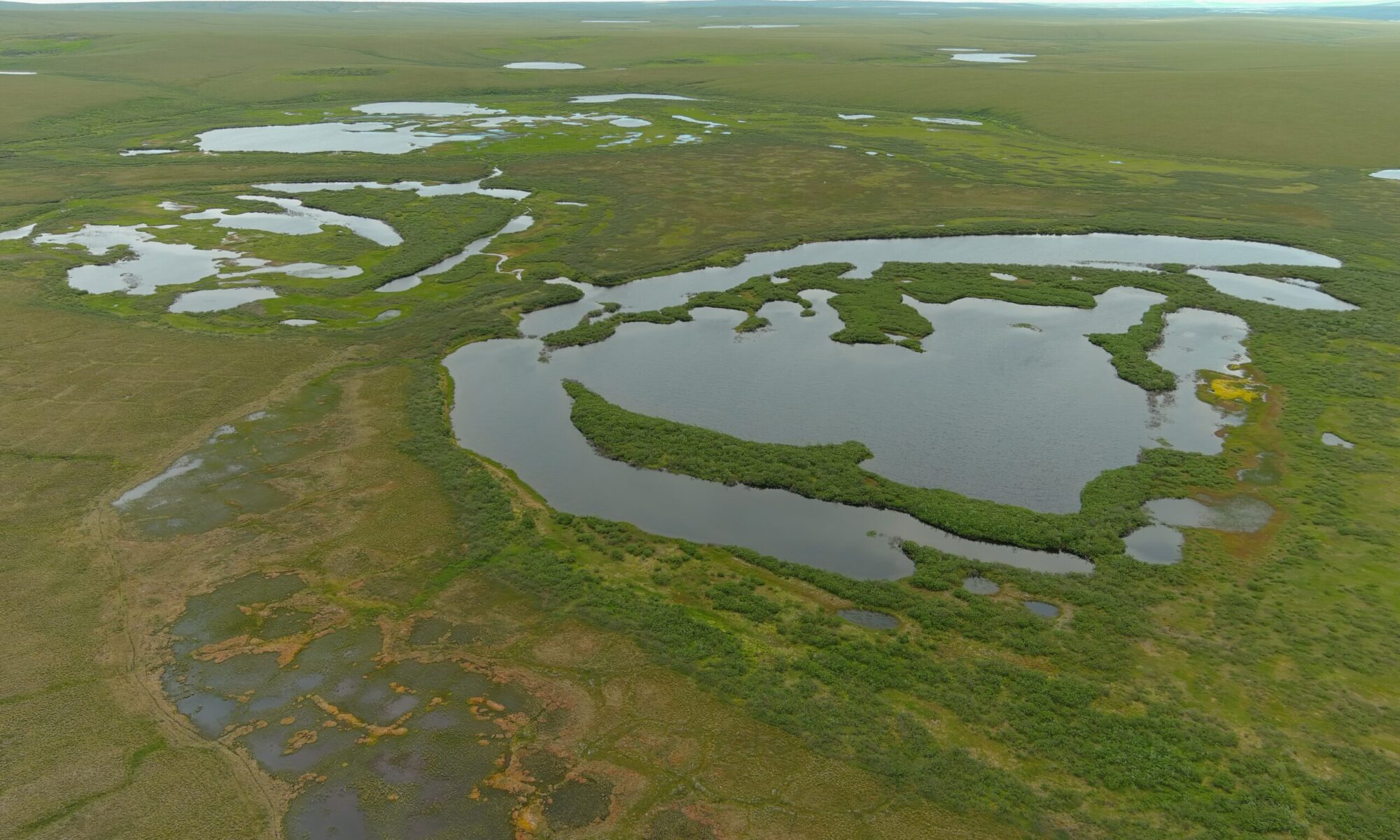Postdoctoral Research Associate in Arctic Ecology & Biogeochemistry
Stay tuned for more solicitation information, start date will be in 2024.
.
.
.
Postdoctoral Research Associate in Arctic Disturbance Ecology (now filled!!)
The postdoctoral research associate will be responsible for co-leading the NASA funded Arctic-Boreal Vulnerability Experiment (ABoVE) research project, entitled “ABoVE-ground characterization of plant species succession in Retrogressive Thaw Slumps using Imaging Spectroscopy”. This research will characterize the patterns of plant succession following disturbance. To learn more about project related details see our NASA-ABoVE project summary Lara (TE 2021) at the following link: https://above.nasa.gov/profiles_/above_projects.html. Additional responsibilities will include interacting with collaborators and the NASA ABoVE Team and communicating this science in peer-reviewed publications and conference presentations.
He or she will join a highly dynamic, interdisciplinary, and prolific spatial ecology lab (https://mjlara.web.illinois.edu/wp), where the successful candidate will mutualistically benefit from the exchange of ideas within our highly collaborative environment.
All qualified applicants are welcome to apply, but we particularly encourage under-represented women, black, and/or minority ethnic scientists to apply. This position will be funded for two years (~$52,000 annual salary), with a start date of Fall 2023. Please email your application materials with subject “NASA TE postdoc application” to mjlara(at)illinois.edu. Please include (1) a 1 page cover letter outlining your research interests, relevant experience, and career goals, (2) a current C.V., and (3) contact information (name, phone number, and email address) for three references. We will start reviewing applications December 1st, 2022, but will consider applications until the position is filled.
The University of Illinois is an Affirmative Action/Equal Opportunity Employer
Qualifications
-Position requirements: Ph.D. in ecology, environmental science, remote sensing, geography, data science, or similar fields. Ph.D. must be from an accredited institution.
-Solid publication record, efficient time management skills, strong work ethic, and good written and oral communication skills.
-Experience in hyperspectral remote sensing (including hyperspectral simulation), spectral unmixing methods, big data analysis, machine/deep learning applications. Familiarity with permafrost ecosystems is preferred.
